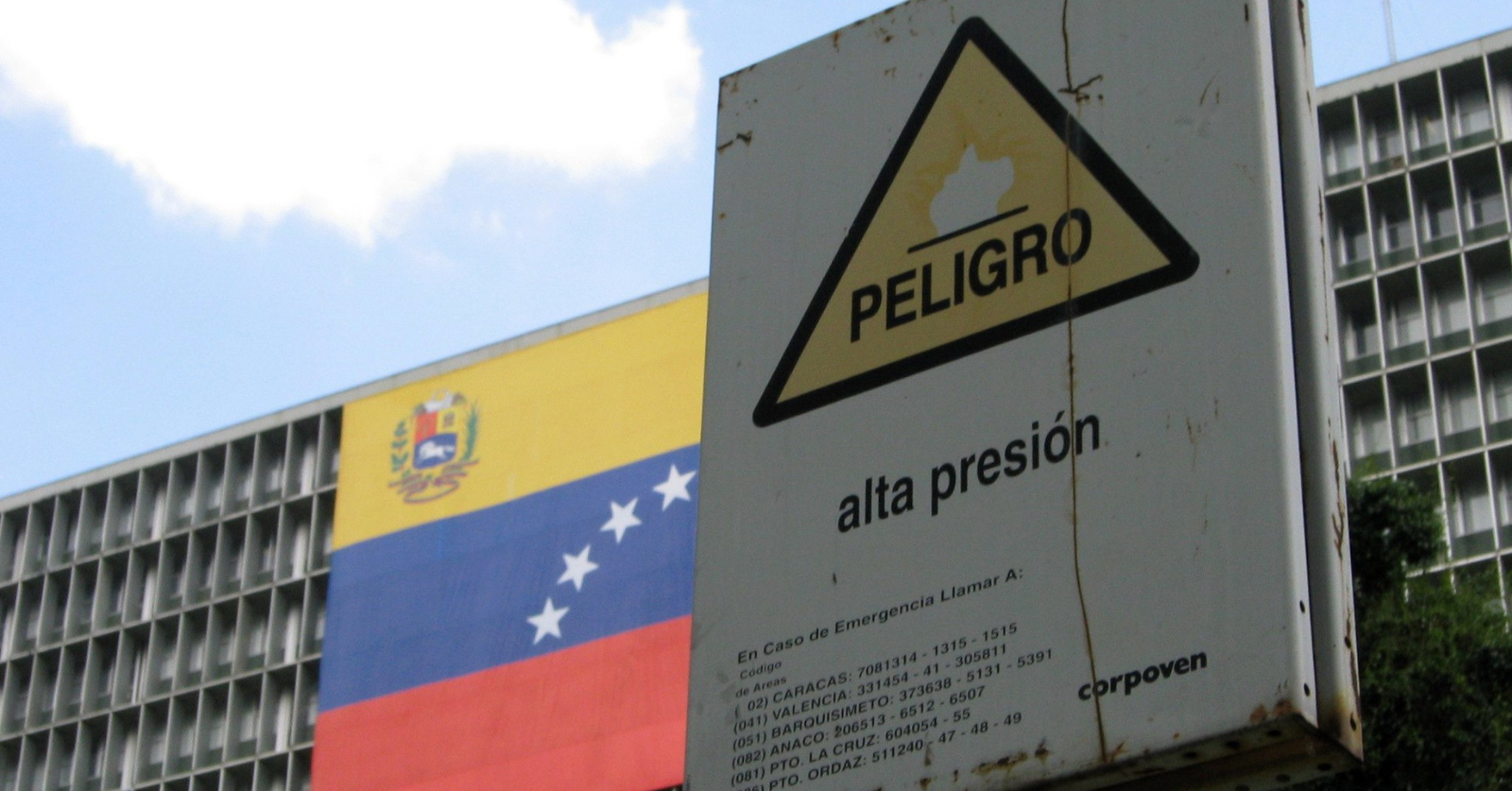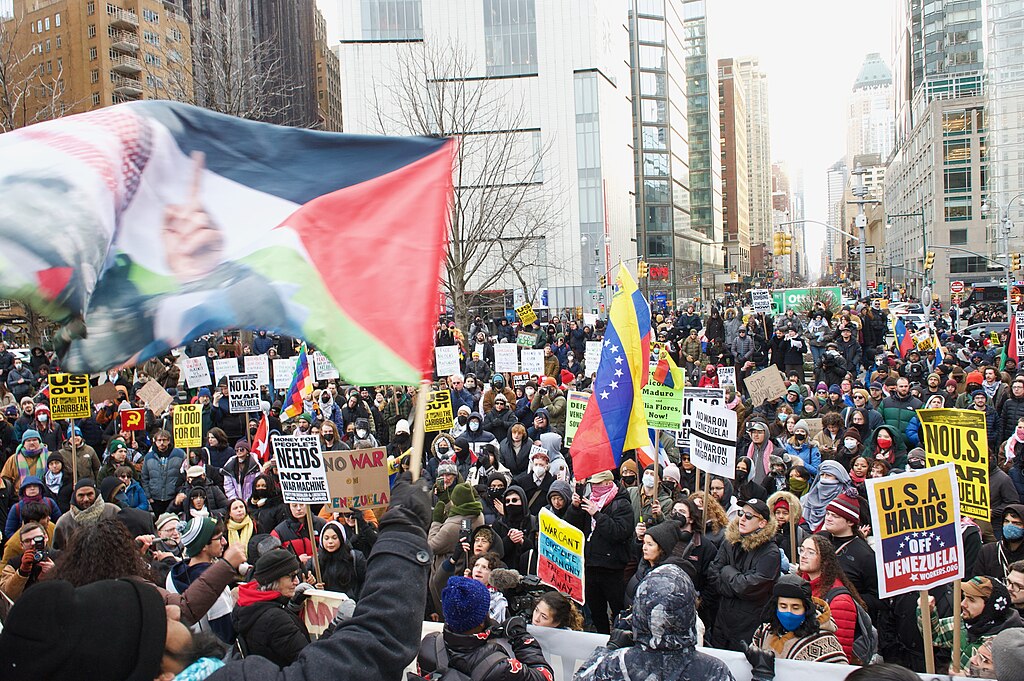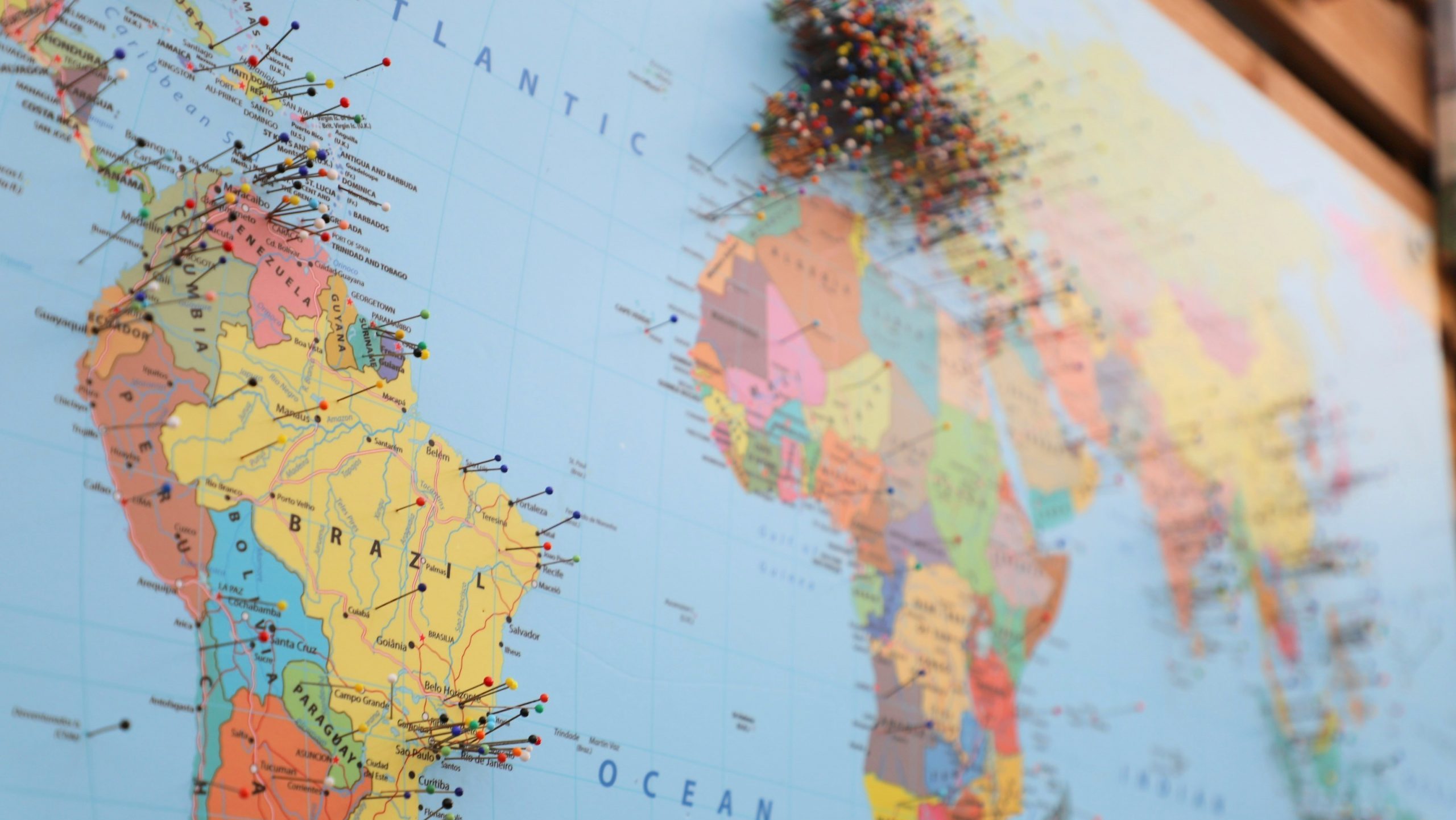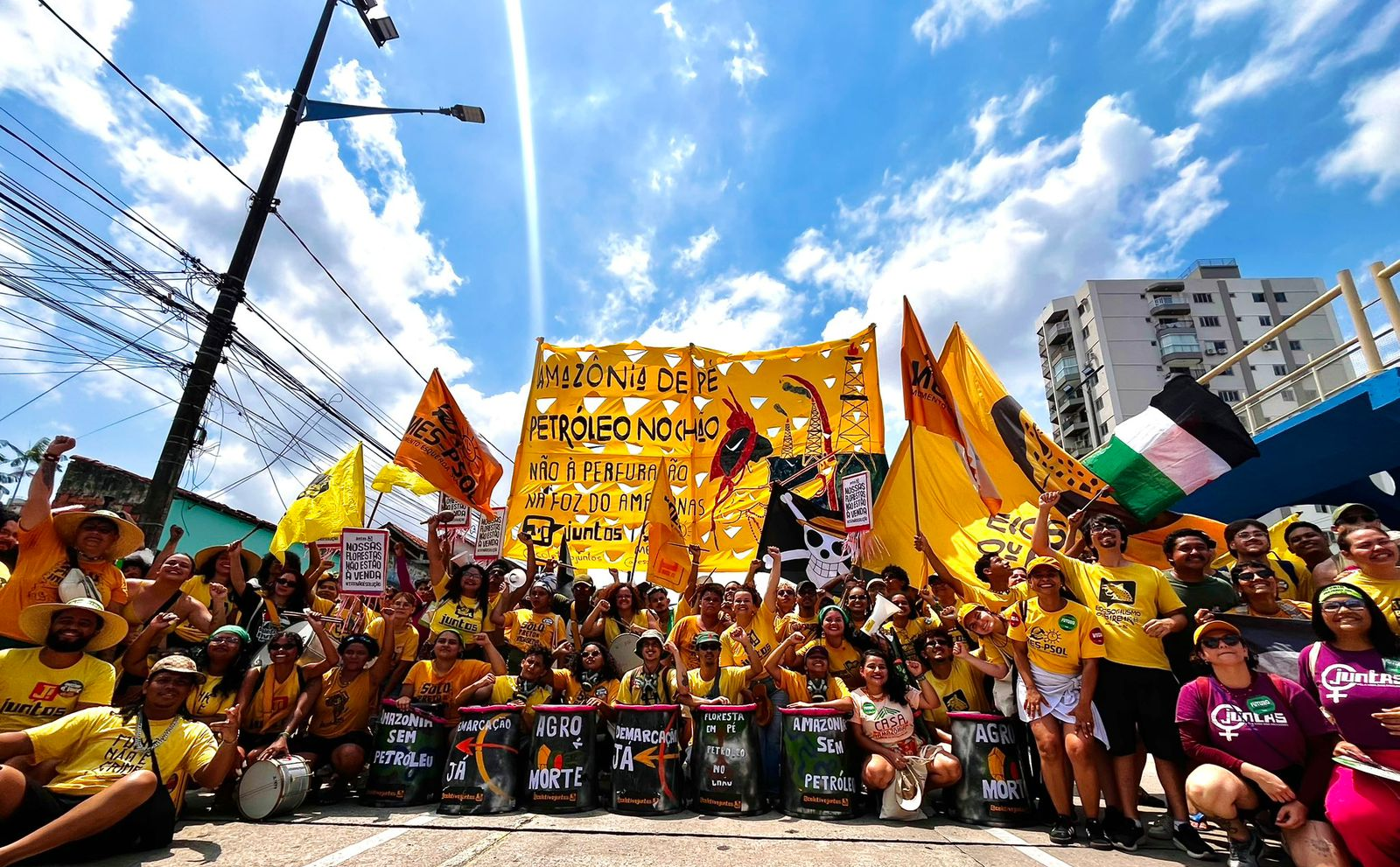Below we republish a translated summary of the upcoming elections in Venezuela, published a few days ago by activists of the left opposed to the government of Nicolás Maduro. Maduro is the successor to Hugo Chávez and the leader of the United Socialist Party of Venezuela (Partido Socialista Unido de Venezuela, PSUV). Under Chávez and the PSUV, Venezuela experienced years of declining inequality, rising living standards for the poor, and significant social achievements in healthcare, education, and housing. Price controls and nationalized social missions supported Chávez’s mission of building “socialism in the 21st century.” Chávez and the PSUV were strong defenders of both participatory and representative democracy, and won multiple fair elections with sizeable majorities. Under Maduro and a horrific sanctions regime enforced by the US, however, the Venezuelan government has changed course, adopting new policies favorable to capital and repressing left-wing opposition. On Sunday July 28, Venezuela heads to the polls. The choice will be between Maduro and an opposition backed by the far right. As the article below argues, neither option is on the side of Venezuela’s working class.
There are just a few days left until the elections that will choose the next president of Venezuela. In reality, there are two possibilities, each with some variations possible. Either Nicolás Maduro wins, with or without fraud (the latter is unlikely, given the various polls), or Edmundo González wins, who may not take office in the end in the face of government threats.
Maduro has governed Venezuela with an iron fist when it comes to dealing with the opposition, whether from the left or the right. Nicolás Maduro, who presents himself as the head of a left-wing government, carried out so many irregularities that violate democracy that he managed to catapult the most extreme figure on the Venezuelan right as his main opponent: María Corina Machado, who is the current leader of the right-wing opposition and who capitalized on much of the fatigue of a large section of the population.
It is important to note that María Corina Machado (MCM) was banned from holding elected office for 15 years, for having called for foreign military intervention in Venezuela and also for promoting the implementation of unilateral economic sanctions by the US government. That is why she and her allies are supporting the candidate Edmundo González Urrutia (EGU). Maria Corina is one of the public figures of the ultra-right in Venezuela, which has Donald Trump as a political reference. It was to him that Maria Corina proposed the deepening of sanctions and the carrying out of a military intervention.
Leadup to Sunday’s Election
After 11 years in power, Nicolás Maduro intends to be reelected for another 6 years. To do this, he designed elections that would advantage him, in the best style of Daniel Ortega in Nicaragua. Broadly speaking, Maduro’s interventions included:
- An earlier election date and an interval of 6 months between election day and the inauguration of whoever is elected. Early elections caught the rest of the political forces off guard, from the most extreme right-wing opposition to the left that is absolutely proscribed in the country. Thus Maduro prevented the organization and configuration of opposition forces.
- Intervention in political parties ranging from right to left. This policy was used to ban the left-wing sector that does not support him. We are referring to the entire spectrum of organizations and politicians, from the so-called center left to sectors that define themselves as progressive and political reformists and to the anti-capitalist and socialist left. No left-wing organization [that did not support Maduro] was spared the proscription, intervention, and disqualifications exercised by the Electoral and Judiciary Power (which is controlled by Maduro). Not even the Communist Party of Venezuela (PCV) — which was once part of the Gran Polo Patriotico and supported both the Chávez and Nicolás Maduro governments until 2020 — was excluded from this policy. This means that, in these elections, the sector of the population that would have voted for the left was left without the possibility of choosing or running its own candidates.
- Disqualification of candidates. The disqualification of candidates has been a common practice in these elections, the most well-known and publicized being the disqualification of María Corina Machado, who was also prevented by the government from nominating a second option. This resulted in the registration of Edmundo González as well as eight other candidates from opposition sectors. The main objective of this move was to divide votes from whichever candidate that María Corina and her allies support.
- Exclusion of the migrant population. One of the mechanisms that evidently takes votes away from any option other than Maduro is the hurdles placed on Venezuelans abroad exercising their right to vote, including imposing requirements that are impossible to meet, especially for those who are in an irregular situation in the countries where they reside. At least 6 million Venezuelans are thus prevented from voting abroad.
What Do the Polls Suggest?
We cannot present electoral polling data as reliable because, unfortunately, in Venezuela polling institutes do not act independently. However, a brief analysis of the most respected polls suggests Edmundo González Urrutia would be the undisputed winner of the 2024 presidential elections.
Why, then, are there doubts about this fact and why is there so much uncertainty about what will happen on election day? And what will happen after election day? It all depends on who will win the elections and whether the loser will recognize the opponent’s victory. It is unlikely that either will do so, given the authoritarian actions of the government as well as the vile actions of the right-wing opposition, including MCM, which is driven by revenge and suggests that a peaceful transition would be impossible.
What Comes After Election Day?
It is important to note that, in relation to post-election scenarios, there is a lot of secrecy about what is being negotiated behind the scenes between the two camps. An important actor is the military sector that co-governs Venezuela. What is certain is that we are facing the possibility of a political crisis.
Scenario 1: Maduro “Wins”
In spite of the triumphalism of the right-wing opposition, Maduro has the chance to win because he manipulated basic democratic rules before the election.
Maduro has a militant core voting base, as well as a controlled vote and the entire state apparatus ready to mobilize this vote “by hook or by crook” in his favor. When we talk about “or by crook” (to use the government’s own words), we are referring to the fundamental role played by party structures in the territories. Each grassroots party structure has a list of firm votes as well as those who allow themselves to be coerced. These votes are sought early in the morning, calling and looking for them at their homes to go to the polling stations. In this tactic, the role of supervised voting, which irremediably controls who the voter votes for, is not negligible.
If Maduro’s government declares itself the winner and the opposition does not recognize the results announced by the electoral commission and charges the government with fraud, a scenario of mass protests could open up, in which the government, in addition to the repression it has already threatened, could call on groups of armed civilians who exercise power and control in the territories to also take to the streets to defend “their” result, which would open up a violent scenario. The government has already announced that anyone who expresses disagreement with the results through street actions will be considered part of an anti-government conspiracy and will therefore be treated “with the full weight of the law.”
It is clear that if the government wins and manages to demobilize the opposition in time, powerlessness and disillusionment will take over a large part of the population. Migration will increase, while the most vulnerable population will have to continue living in a country without any type of labor rights, without democratic and political rights, and with declining social conditions.
Scenario 2: Maduro Loses
For many analysts, the government’s ability to accept a possible defeat depends on the number of votes that its opponent Edmundo González Urrutia obtains and the pacts and negotiations it makes to promote a peaceful transition.
To achieve such a result, the government has half a year between the date of the elections and its eventual handover of power. It is in this period that the extremists of the right-wing opposition will either transform their victory into a political negotiation strategy or, on the contrary, play with revenge and the division of large sectors of society.
The government has the opportunity to follow Brazilian President Lula da Silva’s advice. Lula urged Maduro to accept defeat, prepare to oppose the new government, and agree to a calm and peaceful transition.
There is an honest question in some sectors of Chavismo that leads them to ask people to vote for Edmundo González. The question is whether an opposition government, which cries out for democracy in the streets, would give us workers better conditions, more democracy, and the ability to make gains.
Should he win and take power, Edmundo González Urrutia would also only hold the executive power, since at least until 2025 Maduro’s party would continue to control the legislature, the judiciary, the electoral commission, the armed forces, twenty governorates, and more than 200 city halls. (Elections for governors, mayors, and parliament take place at different times.)
How Did It Come To This?
But how did we get here? Even in the times of Chávez, what we called at the time the “Bolibourgeoisie” [“Bolivarian” + bourgeoisie] was developing within the government and the state in Venezuela. The Bolibourgeoisie is nothing more than a sector of the state bureaucracy, as well as those with close links to it and who did business directly with the government. These groups have gradually been converted into a new social class with its own interests and close ties with the Venezuelan government, as well as the governments of China, Russia, Iran, and Cuba — Venezuela’s main economic, political, and military partners. The Bolibourgeoisie did business with transnational oil and iron corporations. It is no coincidence that Maduro has imposed special economic zones under the cover of the Venezuelan constitution. These zones allow for secret agreements between the government, transnational corporations, and their national partners.
It is to this sector, the Bolibourgeoisie, that Maduro and his government belong and which has pushed him to openly express that he will not accept the results of the election if they are adverse. A bloodbath [which Maduro has threatened if he loses] is blackmail against the people of Venezuela, and it would be carried out to maintain the interests of this new social class that emerged from the Bolivarian Revolution, as a negation of itself.
It remains to be seen whether in the 6 months between the election day and the inauguration of a possible new government this new social class will be able to reach agreements to maintain profit levels that can be shared with the old bourgeoisie that intends to return to power.
Two Sides of the Same Coin
Maduro and María Corina Machado are two sides of the same coin. The working people have no candidates in this election. We must not fool ourselves. None of the options competing for the presidency will solve the serious problems and needs of working people.
So far, in relation to the economic program that Maduro implemented against workers, privileging the profits of businesspeople, there is little difference with the program of Maria Corina Machado, who is part of the traditional bourgeoisie. For example, when she talks about the reprivatization of companies, it is no different from government policy, which imposes the logic of profitability and profit at the expense of workers.
Maduro represents the same interests as María Corina Machado. Basically, they are just disputing which sector of the national and transnational bourgeoisie they favor. Their dispute is over the administration of the great resources that Venezuela has, it has nothing to do with the recovery of our rights or our quality of life.
Maduro has no qualms about increasing utility rates, despite keeping wages at less than $4 per month. What would an MCM government or its allies do in this situation? Nothing different. The freedom of which MCM and Edmundo González Urrutia speak is the freedom of employers to continue dumping the consequences of the crisis on the backs of us who work for a living.
That is why, faced with the reality of not having candidates who represent the working class as well as the proscription of the left opposition, our fundamental task today is to recover: reorganize ourselves and fight for the restoration of our wages and our labor and democratic rights.
What Policy Should We Revolutionaries Follow After the Elections?
Although the entire range that makes up the Venezuelan left is banned and proscribed, a fact that leaves us with no option to vote for in these elections, it is time for all left-wing organizations and individuals to move forward with the formation of a broad political bloc that will incorporate us back into the country’s political life.
That is why the call to left-wing organizations around the world that defend internationalism is to support the Venezuelan left, which is going through a tough, difficult, and partially defeated moment. It is a matter of survival for the Venezuelan left to have support in its important campaigns, such as the campaigns for the freedom of workers imprisoned for organizing, for the recovery of wages and labor rights, for the defense and rescue of democracy, and for the right to exist.
This is not the time to cross our arms or remain indifferent in the face of both this deeply undemocratic act carried out by the Maduro government, which prides itself on being left-wing without being so, as well as the attack by the ultra-right, which today has a possible chance of exercising power in Venezuela. It is time to form bonds and alliances to once again raise the revolutionary strength of yesteryear.
Republished and translated from Revista Movimento




